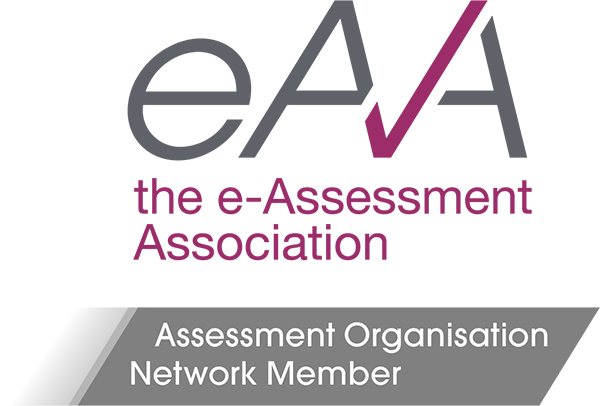Trident Awards is the brand used by Laser Learning Awards, developed specifically to present a strategic and focused approach for the security industry sector. Laser Learning Awards is approved by the SIA and Ofqual.
Here’s why customers are choosing Trident Awards:
- Competitive pricing with a commitment to quality and an efficient service
- Dedicated customer support team
- Secure 24/7 access to your online account via the Trident Awards website
- Centres currently approved to offer licence-linked qualifications with another Awarding Organisation are eligible for a reduced centre recognition application fee which is a £150 saving
- A maximum 5 working day turnaround on results from the date exam paperwork is received at Trident Awards. Working day is Monday to Friday
- A maximum 3 working day turnaround on certificates from the date that Trident Awards releases results. Working day is Monday to Friday
- National coverage.
Training providers and anyone interested in become an approved training provider, please call us on 01932 571 878 or email us at trident@laser-awards.org.uk.
Candidates please note that you must phone your training provider with any queries, and that we cannot give out results by telephone.
If you are running a course out-of-office hours and have an emergency you need to speak to us about, please call 01932 578242. Please note that candidates must not use this number, and results cannot be given from this number.


